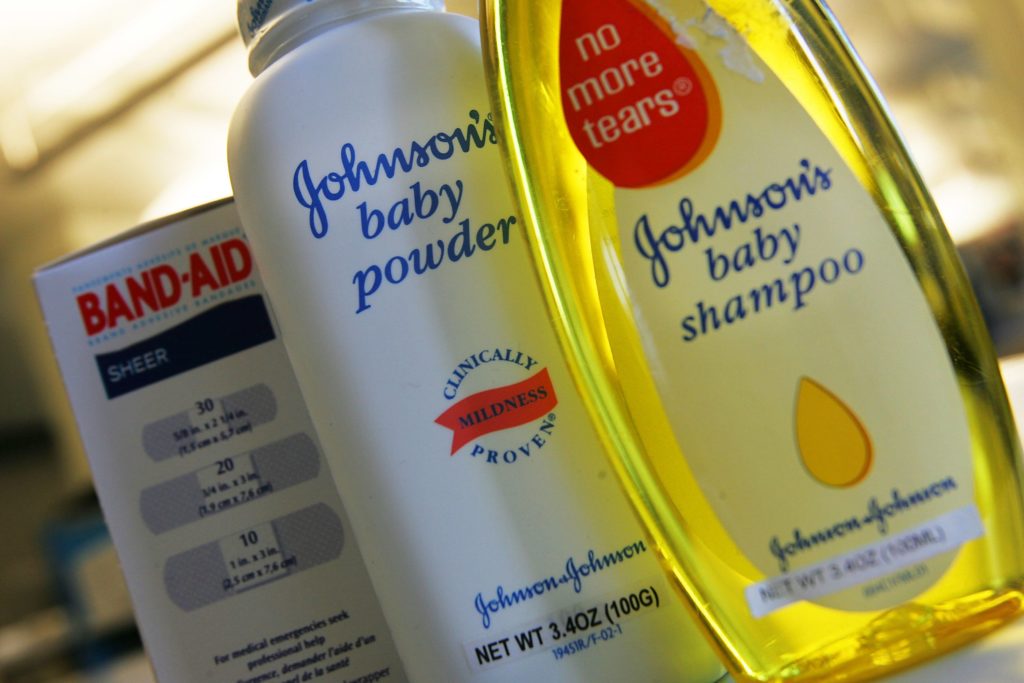A random test was conducted on the two batches, consisting of 24 bottles of Johnson & Johnson’s baby shampoo, which were picked up in India. The test was conducted to check for the presence of any harmful ingredients like formaldehyde, which is used as preservatives in shampoo. According to experts, formaldehyde can cause cancer in humans.

On March 5, 2019, the Rajasthan Drugs Control Organization, after the tests, showed results affirming the presence of formaldehyde in the samples obtained from both of these batches of Johnson’s baby shampoo, which is manufactured by Johnson & Johnson in India.
“Johnson & Johnson is now claiming they have not used formaldehyde in the product, but it’s showing in the test.” said Raja Ram Sharma, Drug Controller of Rajasthan. J&J rejected the findings of the organization and challenged the Rajasthan drug controller’s claim as well as the method of testing that led to the results. “We do not accept the interim results given to us, which mentioned samples to ‘contain harmful ingredients’ – identification positive for formaldehyde.”, J&J spokesperson said.
Since J&J claims that it has not used formaldehyde or any ingredient capable of releasing formaldehyde, the Central Drugs Standard Control Organization (CDSCO), acted as an appellate laboratory following a Magistrate court’s order for re-testing the samples of J&J’s baby shampoo, which were picked up from India. The CDSCO’s took several weeks for analyzing the results of the re-test. This result overruled the earlier test results that were found to be erroneous.
After the appellate laboratory’s result, the Rajasthan FDA, posted report on their website, “that concluded the investigation and said that, showing re-testing results of samples by the appellate laboratory confirming that Johnson’s Baby shampoo does not contain formaldehyde,”
Johnson & Johnson said that the safety of its baby shampoo has been reaffirmed by the Central Drugs Standard Control Organization’s laboratories, which have confirmed that the product does not contain formaldehyde and that the company’s own testing and quality assurance process is rigorous – meeting the standards in every country where its products are sold.

